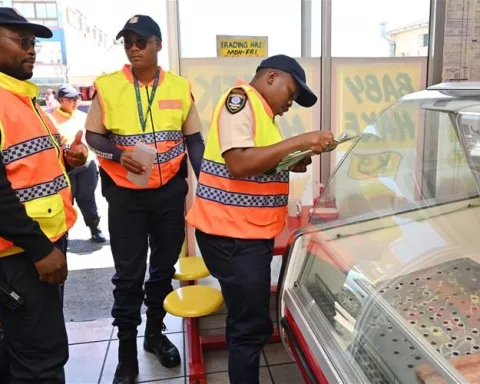The Inspection and Enforcement Services (IES) Unit of the Department of Employment and Labour in the North West Province of South Africa is urging employers to take the initiative in complying with labour laws. Instead of waiting for inspections, employers are encouraged to seek assistance from the Department for guidance on labour law-related matters.
The Role of the IES Unit
The IES Unit is responsible for enforcing key acts and regulations, including the Occupational Health & Safety Act (OHS), the Compensation of Occupational Injuries & Diseases (COIDA), the Basic Conditions of Employment Act (BCEA), the Unemployment Insurance Act (UIA), the Unemployment Insurance Contribution Act (UICA), and the Employment Equity Act.
The Importance of Being Proactive
Daniel Moshodi, the Acting Provincial Chief Inspector in the Province, emphasizes that inspectors should not be perceived as “fault finders.” While inspections do identify areas of noncompliance, they also provide opportunities for employers to receive valuable advice on how to work with the Department to ensure compliance in the workplace.
Moshodi urges employers to seek assistance from the Department if they are unsure of their obligations as employers. Waiting for inspections can be costly if compliance needs to be enforced, and it may be too late to avoid fines and penalties.
Benefits for Employers
Employers can benefit from the resources and guidance provided by the Department of Employment and Labour. By tapping into this wealth of knowledge and expertise, employers can remain up-to-date on the latest changes and developments within the realm of labour law.
This proactive approach allows employers to adapt their policies and procedures accordingly, ensuring that their employees are protected and treated fairly according to the law. Companies that foster a culture of compliance with labour laws not only protect themselves from legal repercussions but also contribute to an equitable and just society for their employees.
The Department of Employment and Labour in the North West Province of South Africa is encouraging employers to take a proactive approach towards compliance with labour laws. By actively engaging with the Department, seeking assistance when needed, and taking advantage of the resources provided, employers can create a safe, fair, and compliant working environment for their employees. This, in turn, contributes to the broader goal of fostering a society that values equity, justice, and the well-being of its workforce.












